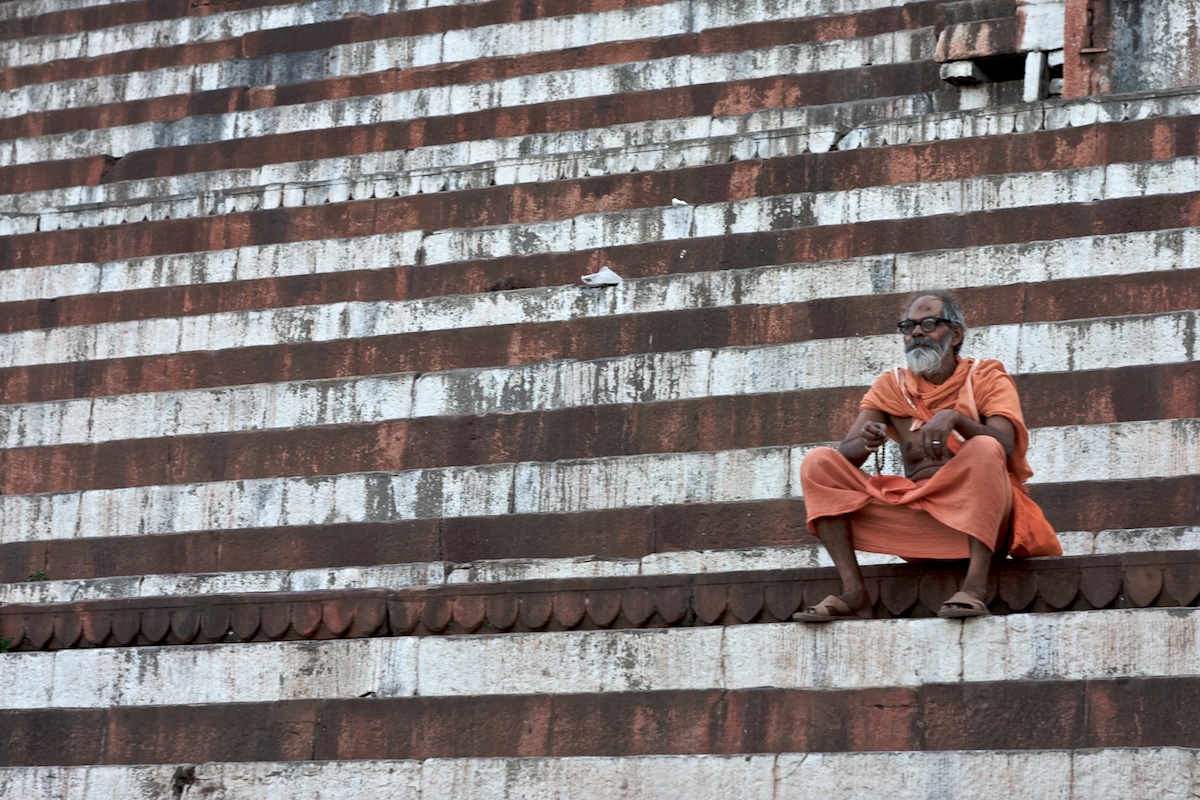Postural practice in the past, present and future
a theoretical and practical path
Silvia Patrick, Marco Passavanti and Daniela Bevilacqua and the special participation of Laura Liberale
“Faith is taking the first step even when you don't see the whole ladder.”
Martin Luther King Jr.
As we anticipated WHO, this 5th volume will be the culmination of the Darśana journey which after many years is approaching its physiological conclusion: it will in fact be the final volume of this long journey that from 2018 accompanied our training by setting in motion (and under discussion) much of the “given” compared to the yoga narrative; as we remembered in last year's program “if we look at the path we have developed in recent years we can trace a true evolutionary parable: we started from a “classical” approach to philosophy and texts and, Year after year, we integrated and overturned perspectives, inserting into the classical vision – still dominant – elements that emerged from contemporary studies, both academic and ethnographic in nature.”
We tried to convey a complex vision of what we call Yoga, also recognizing the influences of the Buddhist world (in particular, those of Tibetan Tantric Buddhism, on the roots of haṭha yoga) trying to answer our guiding question:
what we talk about when we talk about yoga?
For this last volume we decided to reconnect the threads of the path to (try to) complete the picture of the contemporary, with particular attention to postural practice and the relationship with the concept of "traditional" as opposed to the term "modern": these two terms, In fact, they are often considered to be at opposite polarities, telling a lot about our need to anchor ourselves to something ancient considered of greater value, but without being very clear what we mean when we talk about tradition. We will bring the same approach to the relationship with "figures of influence" in the world of yoga: a comparison between the yoga experienced and explained by traditional ascetics and that proposed by modern gurus.
We will then ask a background question: because yoga in the West is mainly practiced by women? How we moved on from the yoga of the ascetics (men) to postural yoga practiced by women?
We will try as always to stay in a circular process, this time more circular than others: in fact in addition to Silvia's unpublished contributions, Marco and Daniela, we will have a final sharing space which will also see the participation of Laura Liberale, to try once again to experiment with continuity and complementarity, overcoming dogmas and polarizations.
PATH
As always, the path is divided into "stages": a first moment on line with Silvia who will act as a historical connection, and then an intensive weekend with Marco, Daniela, Silvia and Laura.
The weekend is obviously designed to be enjoyed entirely, but Saturday can also be considered conclusive with respect to the theme.
The course is open to all levels of knowledge: They are not required for admission requirements other than the curiosity and interest. Audio recordings and materials used and shared by the speakers will be made available.
MEETINGS CALENDAR
The. A historic connection Silvia Patrick
➥ Sunday 5 may 9-12 – ON LINE
There was a central question that intertwined the threads of the darśana path: what we talk about when we talk about yoga?
We tried, rather than answering, to open a space for questioning starting from the complexity of this question, tracing a path that has led us from antiquity to the threshold of modernity. But it wasn't easy to unravel space and time!
For this reason we have thought of a meeting where we will retrace together the main stages of the journey to reach one of the undisputed protagonists of the contemporary history of yoga: Swami Vivekananda. Will be, In fact, his 'revisitation of tradition' presented to the world parliament of religions (Chicago, 1893) to allow yoga to enter the West.
II. Contemporary postural practice between the past, present and future with Marco Passavanti
➥ Saturday 1 June 10-18
The "postural" yoga practiced today at a transnational level is the outcome of a process of hybridization of pre-modern yogic traditions, who have undergone a process of opening and 'democratisation', absorbing ideas and influences of very heterogeneous origins, such as some Western esoteric conceptions, biomedical disciplines, alternative treatments and different forms of physical culture, including some 'female' gymnastics. Although modern postural yoga cannot be defined as 'traditional' in all respects, It is common practice for many teachers or practitioners to refer to a distant past, looking for legitimation in texts, doctrines and practices of South Asian origin. This way of approaching 'tradition' is justified? What are the pitfalls, but also the possible benefits of this attitude?
In the seminar a series of postural practices and exercises will be proposed Pranayama.
III. Traditional gurus and modern gurus: what changes in the approach to yoga? with Daniela Bevilacqua
➥ Sunday 2 June, 9-12,30
In the practice of haṭha yoga, flourished in India from the eleventh century, ascetic and yogic traditions of various origins converge: in addition to the influences of the tantric schools Shaiva, recent research has highlighted the decisive contribution represented by the Indian Buddhist tantric traditions, especially related to the transmission of Amṛtasiddhi and the "Six Doctrines" of Nāropā (The ro'i chos drugs).
IV. Symposium: a sharing space con Silvia Patrizio, Daniela Bevilacqua, Marco Passavanti and Laura Liberale
➥ Sunday 2 June, 14-17
A moment of sharing and circularity to process what has emerged in recent years, what we discovered and how this path has changed our view on yoga and our relationship with tradition.
SPEAKERS AND SPEAKER
We are sure that by now you will know everything about Silvia, Marco, Daniela and Laura… but if you are curious to delve deeper into their bio you can click here!
PRACTICAL INFORMATION
The course is aimed exclusively at members and members of the Association.
It is possible to join by making a request and paying the annual fee of euro 20,00 including insurance that allows you to participate in all the activities of the center and in the lessons.
Places in attendance are limited.
While preferring to participate in the presence, it will be possible to participate in live streaming.
The training course is being recognized by YANI (National Yoga Teachers Association) to obtain credits for the continuous training of already graduated and associated teachers, also for modular participation, where certified by us.
For registration
Mail: using the form on the page Contacts
Phone: 349 6053395 Manuela Piccardo
The complete program


